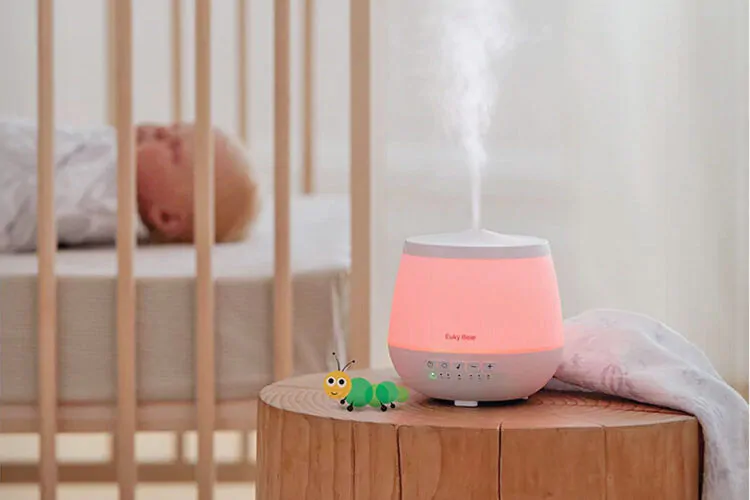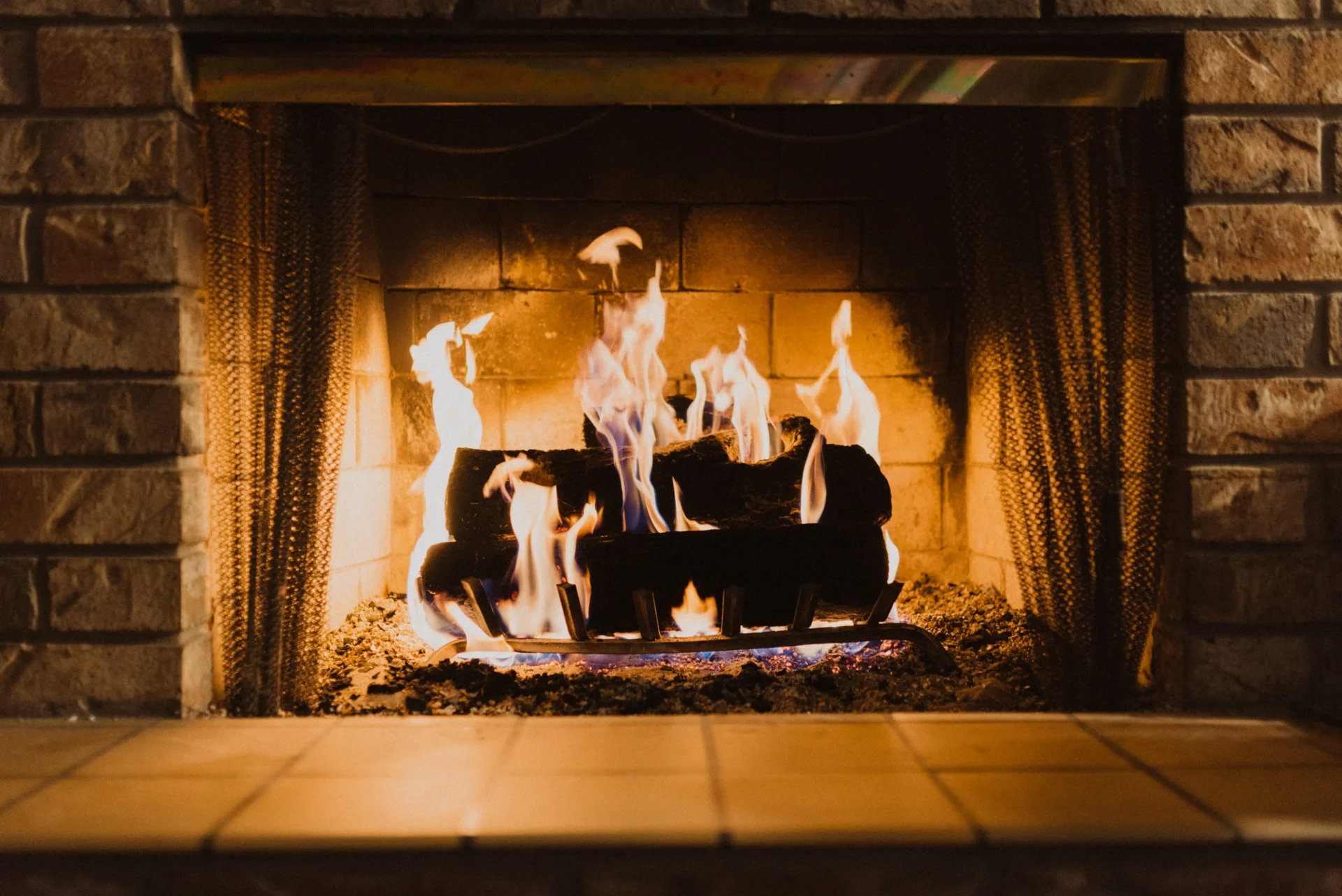What are Baby Humidifiers?

A baby humidifier is a must-have for the dry winter season. It helps to add moisture to the air, making it more comfortable for your baby to breathe. A quality humidifier can also help to prevent nosebleeds, as well as improve your baby’s overall skin health.
Dry air can be very damaging to your baby’s delicate skin and respiratory system. A humidifier can help by adding moisture to the air, which can help to relieve dryness and protect your baby from the harmful effects of dry winter air. Baby humidifiers come in a variety of sizes and styles, so you can find one that is perfect for your home.
Why is a humidifier for your baby important?
Leaving your baby’s skin feeling parched, dry winter air can wreak havoc on delicate skin-and that includes your baby’s. A humidifier for your baby’s room can help alleviate some of the dryness by adding much-needed moisture to the air.
There are several reasons why a humidifier is a must for your baby during the dry winter season:
- Skin Health – By adding moisture to the air, a humidifier helps to keep your baby’s skin hydrated and healthy. This is especially important for babies who have eczema or other skin conditions that can be exacerbated by dry air.
- Respiratory Health – Dry air can also lead to respiratory problems like bronchitis and sinus infections. By keeping the air moist, a humidifier can help reduce your baby’s risk of these types of infections.
- Sleeping Soundly – Not only will a humidifier help your baby sleep more soundly. It will also make it easier for you to breathe if you suffer from seasonal allergies or asthma.
In short, a humidifier for your baby’s room is an essential piece of equipment to help them (and you!) get through the dry winter months ahead.
Which type of humidifier should I use in my home with my baby?
When it comes to choosing a humidifier for your home, there are a few things to keep in mind. First, you’ll want to decide which type of humidifier is best for your needs. There are two main types of humidifiers: warm mist and cool mist. Warm mist humidifiers work by boiling water to create steam, which is then released into the air. Cool mist humidifiers, on the other hand, use ultrasonic technology to create a fine mist that is diffused into the air.
So, which type of humidifier should you use in your home with your baby? However, warm mist humidifiers can be more effective at helping to relieve congestion and coughs. Ultimately, the decision of which type of humidifier to use in your home with your baby is up to you and what will work best for your family’s needs.
Pros and Cons of the Different Kinds of Humidifiers:
There are many different types of humidifiers, each with their own set of pros and cons. Some of the most popular types of humidifiers include evaporative humidifiers, ultrasonic humidifiers, and warm mist humidifiers.
Evaporative humidifiers are some of the most affordable and commonly used types of humidifiers. They work by evaporating water into the air, which helps to add moisture to the air and reduce static electricity. Evaporative humidifiers are noisy and can produce a cool mist which makes it difficult to sleep with the humidifier.
Ultrasonic humidifiers use high frequency sound waves to create a fine mist that is released into the air. These humidifiers are very quiet and can be used with essential oils to create a variety of different aromatherapy benefits. Ultrasonic humidifiers can be more expensive than other types of humidifiers and can require regular cleaning to prevent bacteria build-up.
Warm mist humidifiers generate a warm mist that is released into the air. These types of humidifiers can provide relief from cold symptoms such as congestion and sinus pressure. Warm mist humidifiers can also help to improve airflow in rooms that tend to be stuffy or have a lot of dust. Warm mist humidifiers can be dangerous if not used properly due to the risk of burns from the hot water inside the unit.
Tips to Maintain your Humidifier
One of the most important things you can do to protect your investment and safeguard your family’s health is to keep your humidifier clean. Depending on the type of humidifier you have, there are different ways to go about cleaning it. Here are some tips to help you ensure your humidifier stays clean and in good working order:
- Read the manufacturer’s instructions carefully before cleaning or servicing your humidifier.
- Empty the water reservoir daily and refill with fresh water.
- If you have a wick humidifier, replace the filter according to the manufacturer’s directions.
- Clean the exterior of your humidifier with a soft cloth dampened with water and mild detergent.
- Never use harsh chemicals, such as bleach, to clean any part of your humidifier.
Risks of Using a Baby Humidifier:
If you’re using a baby humidifier in your home, there are a few risks to be aware of. The first is that if the humidifier is not cleaned properly, it can become a breeding ground for bacteria and mold. This can cause respiratory infections in your child. It’s important to clean the humidifier according to the manufacturer’s instructions to prevent this from happening.
Another risk is that if the humidifier is used too much, it can actually make the air in your home too moist. This can lead to problems like dust mites and mildew growth. It’s important to use the humidifier only as directed and to monitor the humidity levels in your home with a hygrometer.
Finally, if you have a young baby, make sure that you keep the humidifier out of their reach. They could knock it over and injure themselves, or even worse, electrocute themselves if they stick their fingers into the electrical outlet.
Conclusion:
There you have it! A complete guide to baby humidifiers, including why they are a must for the dry winter season. By now, you should have a good understanding of how baby humidifiers work and some of the benefits they offer. If you’re still not convinced that a baby humidifier is right for your family, consider some of the potential risks associated with not using one. Dry air can cause irritation and discomfort for both babies and adults, so it’s always better to err on the side of caution.







